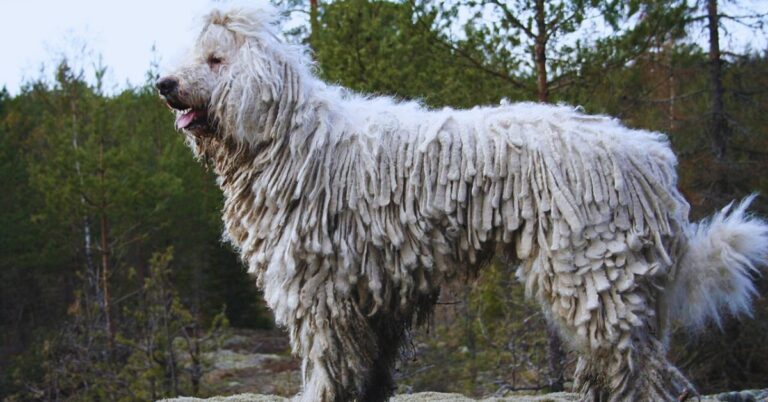15 Dog Breeds With Surprising Genetic Variations
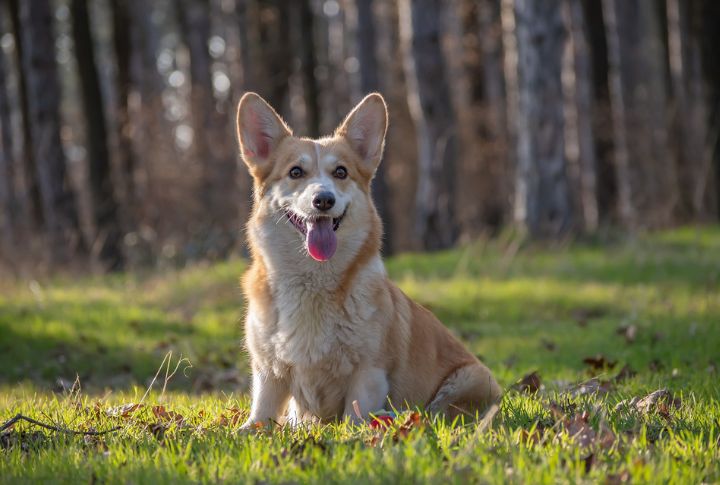
We all love to think our dogs are unique, but for some breeds, it’s actually true. Under their adorable fur and tails, these dogs carry genetic traits that make them different. These 15 breeds have DNA mutations that shape their identity in ways you wouldn’t expect. Discover what’s beneath the surface and be amazed!
Dachshund

Dachshunds owe their long, low-slung bodies to a genetic mutation known as chondrodysplasia. This condition results in shorter, curved legs, giving them that signature wiener-dog shape. However, this mutation also makes them prone to spinal issues.
Shar Pei
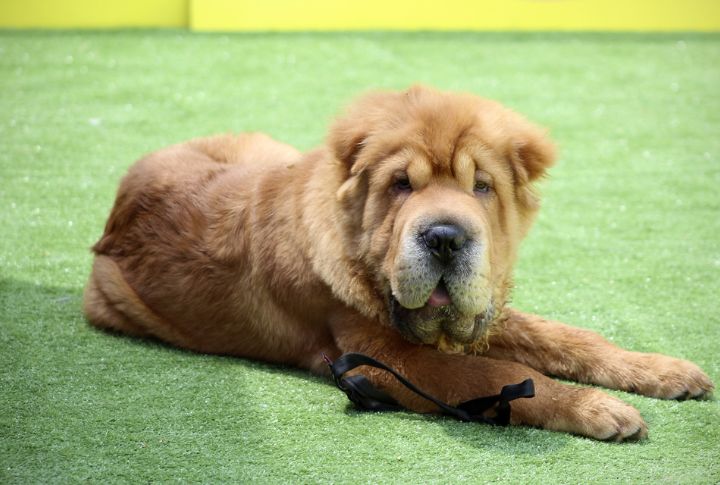
A genetic mutation causes an overproduction of hyaluronic acid in Shar Peis, resulting in wrinkled skin folds. These wrinkles make them irresistibly cute, but if not properly maintained, they can lead to skin infections. Regular cleaning and attention are essential to keeping their skin healthy.
Dalmatian
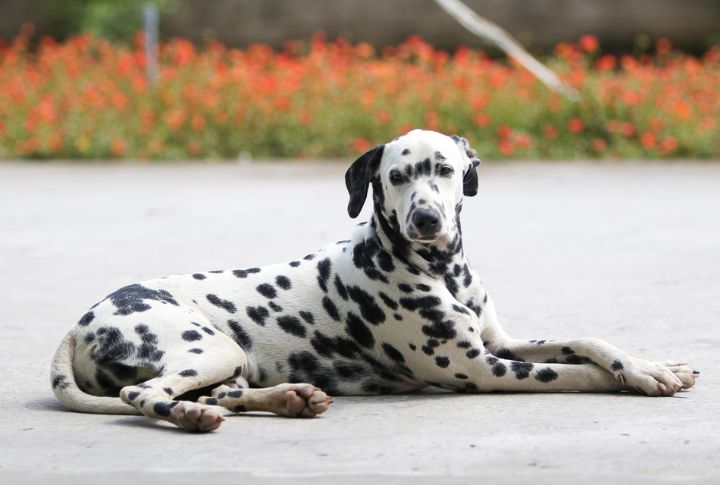
The Dalmatian’s distinctive spots are caused by a gene known as the piebald gene. They have a unique look, but they’re born with a genetic mutation that affects their inner ear, which results in around 30% of them being deaf. Despite this, they remain iconic firehouse dogs and beloved companions.
Boxer
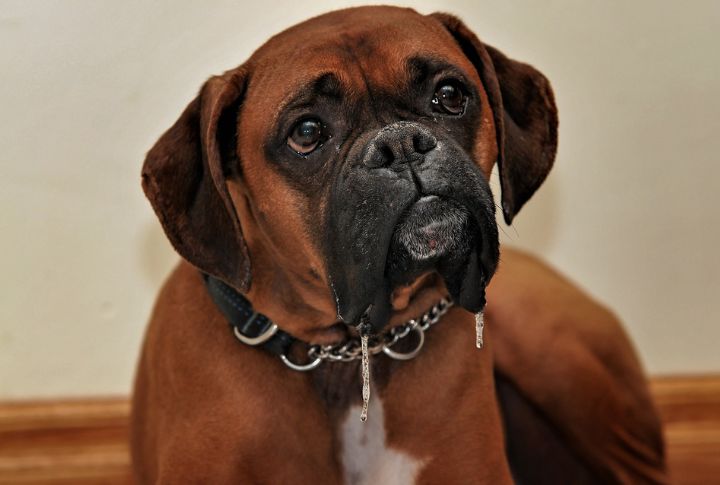
Due to genetic mutations, Boxers are prone to a high incidence of certain cancers, particularly mast cell tumors. Nevertheless, they are resilient and often bounce back after treatment. This breed is known for its boundless energy, making it one of the most loyal and loving dogs.
Pembroke Welsh Corgi
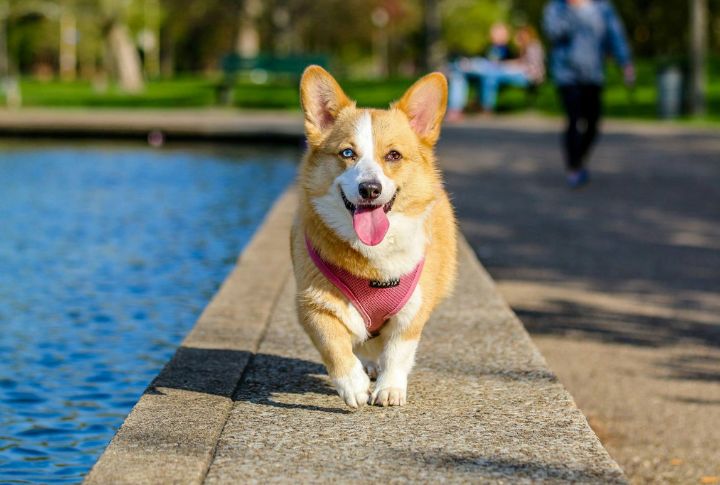
Pembroke Welsh Corgis are another breed with chondrodysplasia, which results in their adorable short legs. This genetic mutation gives them a distinct look but can also lead to joint issues later in life. Their intelligence, charm, and hardworking nature have made them a royal favorite.
Bedlington Terrier
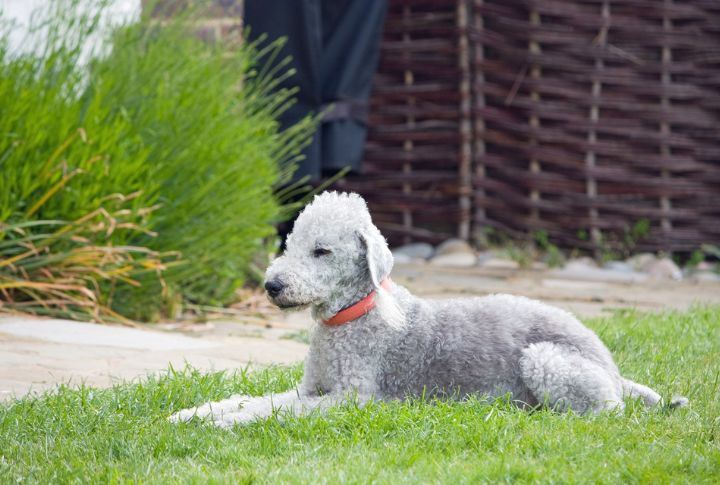
These curly-coated dogs resemble lambs but have a genetic mutation that causes copper toxicosis, a liver disease caused by copper buildup. This quirky breed is a mix of elegance and toughness. Originally bred to hunt vermin, it is now known for its loyal companionship.
Bulldog
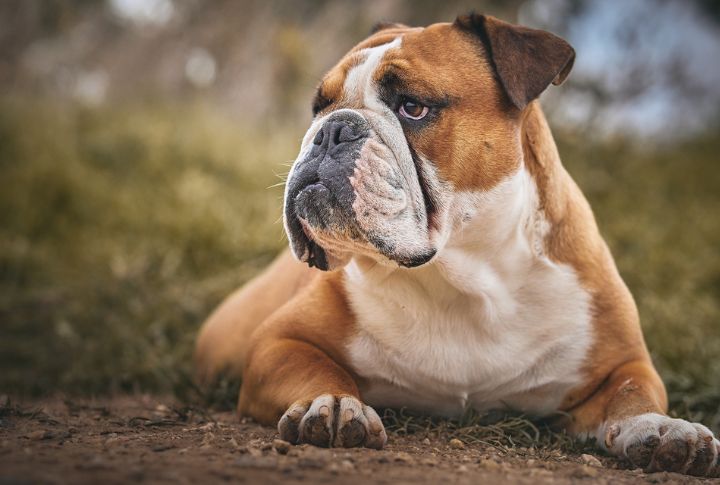
The Bulldog’s flat face results from a genetic mutation affecting its skull shape, known as brachycephaly. While their squished noses are undeniably cute, they can cause breathing difficulties. Despite this, their affectionate nature and goofy personalities make them a popular family pet.
Great Dane
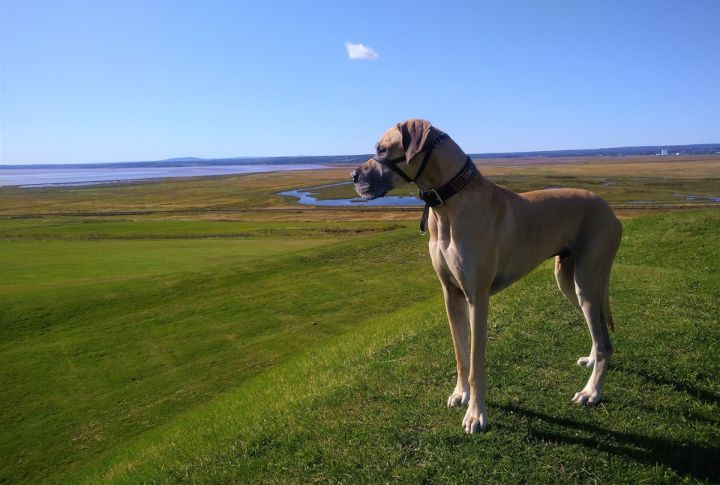
These pups possess a genetic mutation that not only contributes to their massive size but also predisposes them to heart disease, specifically dilated cardiomyopathy. Despite their health risks, they are known to be gentle dogs who love to snuggle and lean on their owners for affection.
Weimaraner
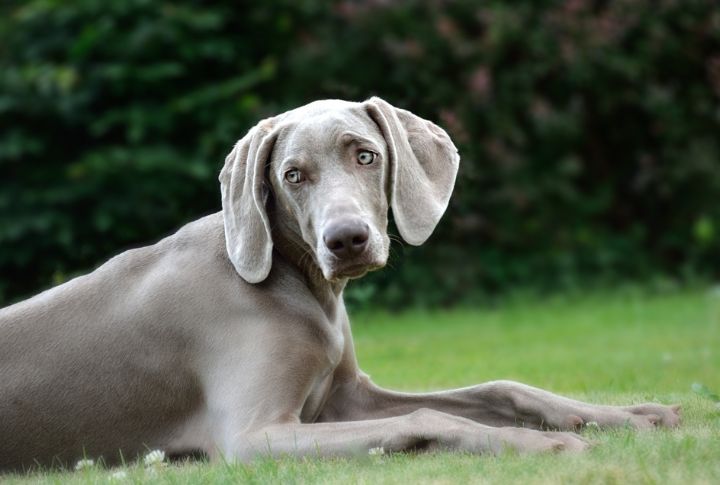
Weimaraners owe their sleek, silver coats to a genetic mutation that alters pigmentation. But this same mutation can lead to skin sensitivity and susceptibility to certain skin diseases. Recognized for their loyalty and high energy, these dogs are often seen as the ultimate hunting companions.
Poodle
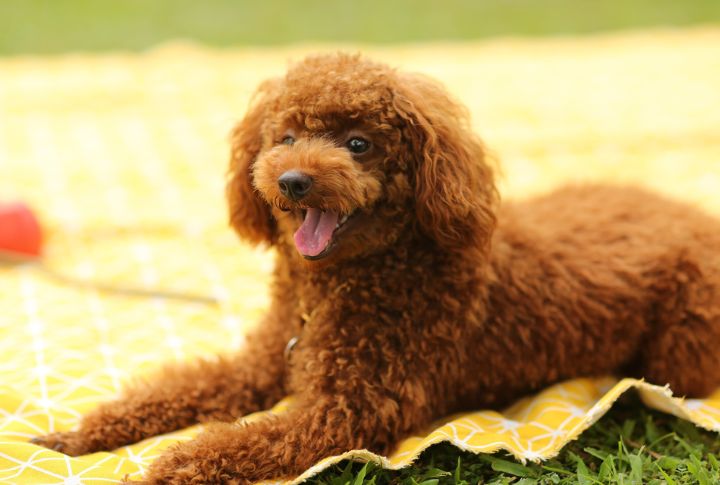
Famous for their curly coats, Poodles possess a dense, hypoallergenic fur coat due to a genetic mutation. While their coats need regular grooming, the mutation also offers protection from allergens, making them a popular choice for families with allergies.
Rhodesian Ridgeback
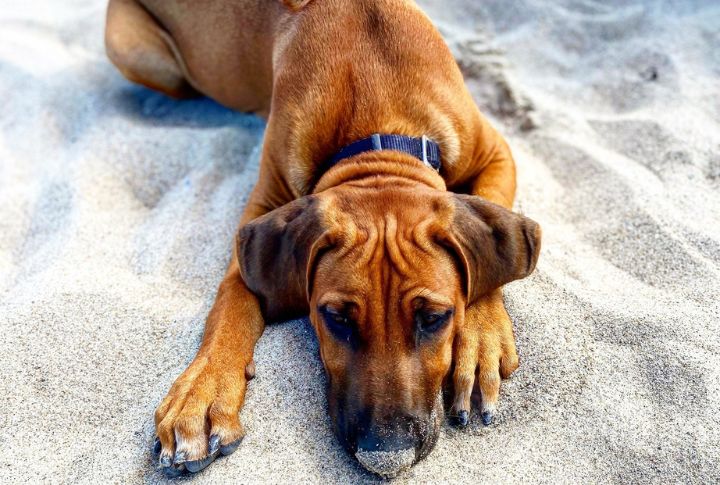
Rhodesian Ridgebacks are named after the opposite-growing strip of hair they have along their backs. This ridge is the result of a genetic mutation, which also increases the risk of spinal defects. Regardless, Ridgebacks remain bold and fearless, known for protecting their homes and families.
Chow Chow
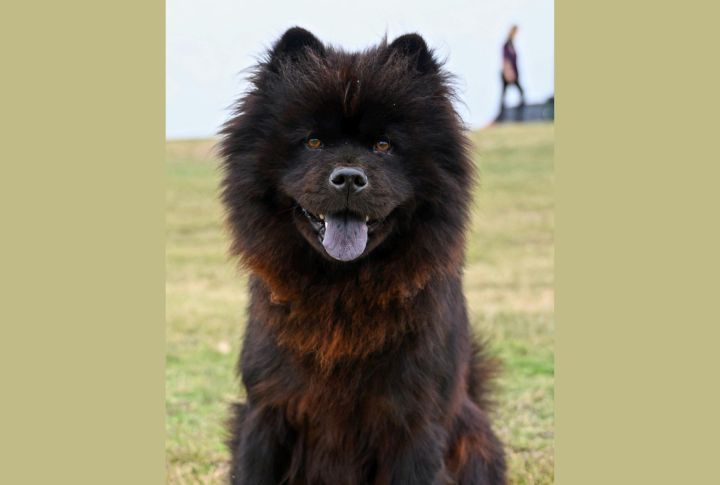
This breed’s unique blue-black tongue results from a genetic trait specific to the breed. Such a fascinating mutation is one of the reasons Chows are so distinctive, though it doesn’t come with major health risks. Their aloof nature and lion-like mane add to their mysterious appeal.
Alaskan Malamute
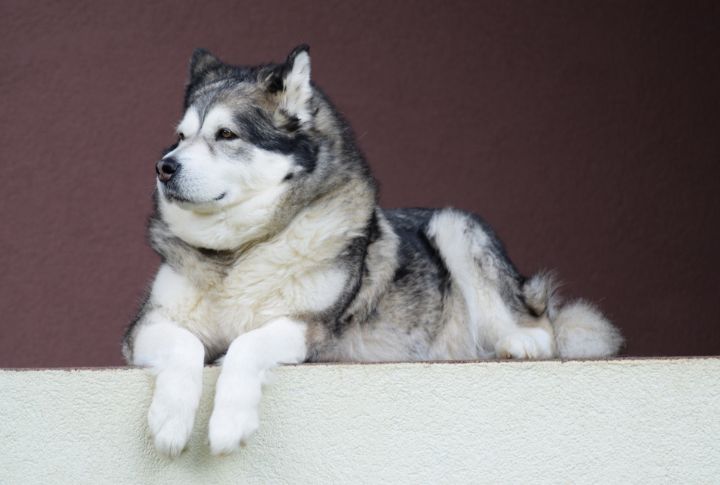
The Malamute’s thick double coat, a result of a genetic mutation, protects them from harsh Arctic climates. While it keeps them warm in freezing temperatures, they’re likely to suffer from overheating in warmer weather. Still, their stamina and resilience make them exceptional working dogs suited for cold environments.
Scottish Terrier
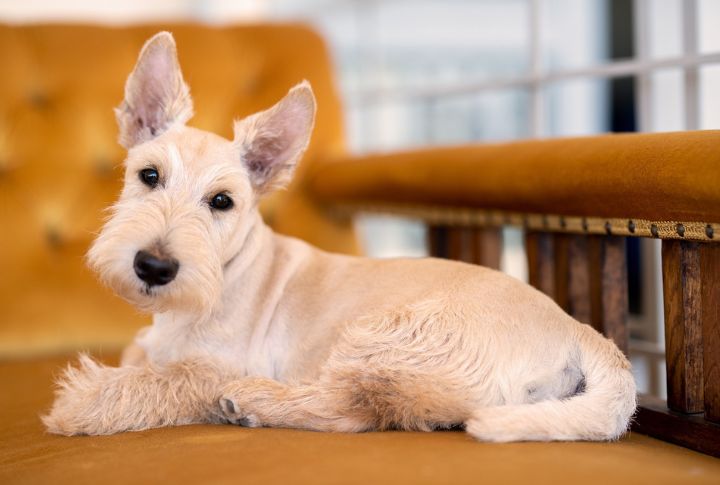
Possessing a genetic mutation that affects their jaw structure, Scottish Terriers are prone to a condition called Scottie Cramp. But this doesn’t stop them from being energetic with a love for adventure. In spite of this condition, they remain loyal companions with a strong sense of independence.
Cavalier King Charles Spaniel
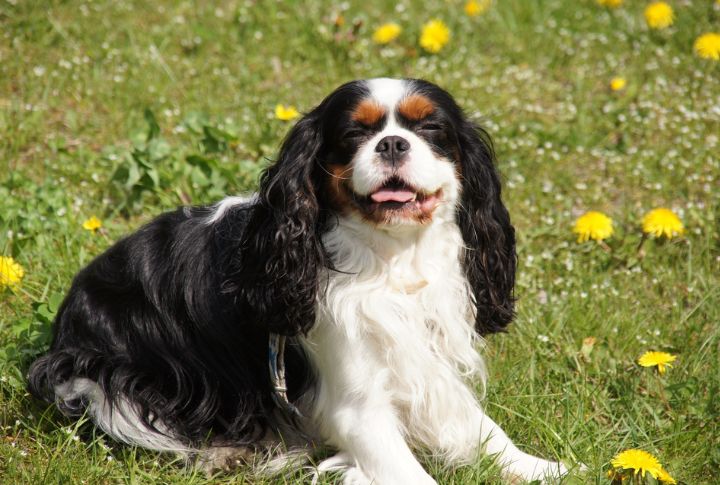
These adorable spaniels are prone to a genetic mutation that leads to mitral valve disease, which affects their hearts. While they may face health issues, their affectionate and friendly demeanor makes them incredibly beloved. Their large, soulful eyes can melt even the coldest hearts.





